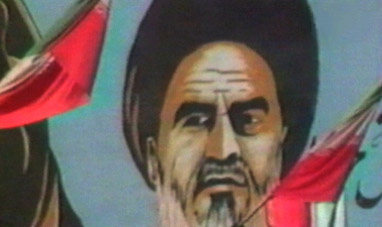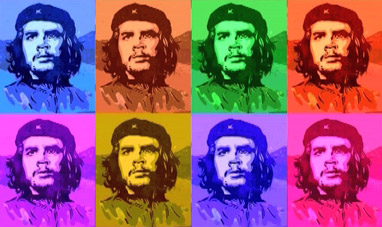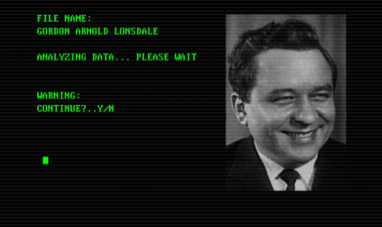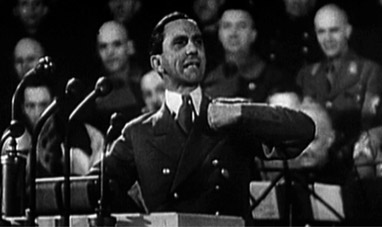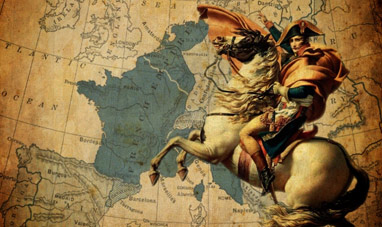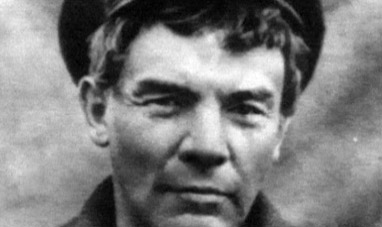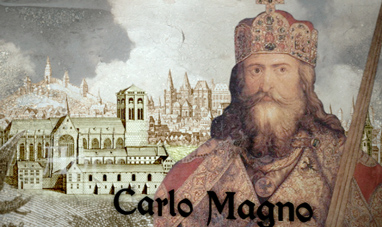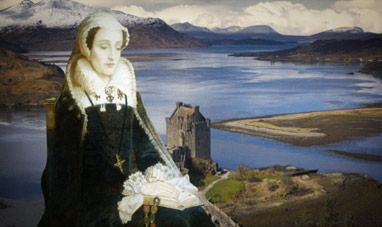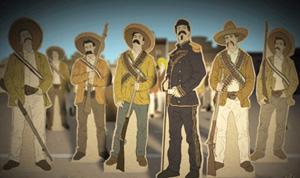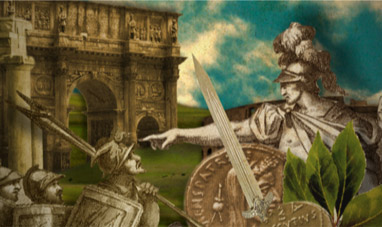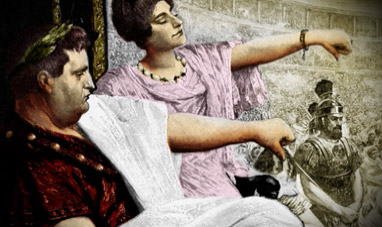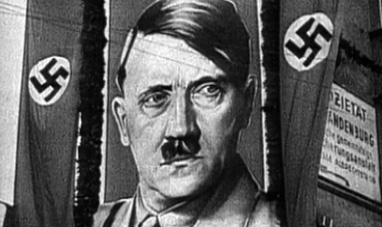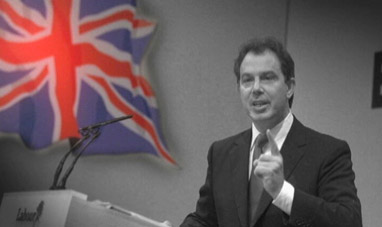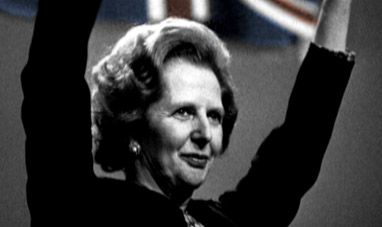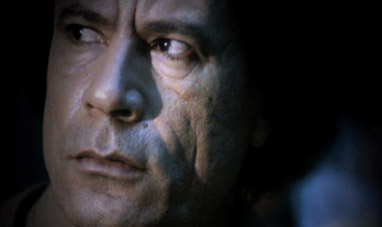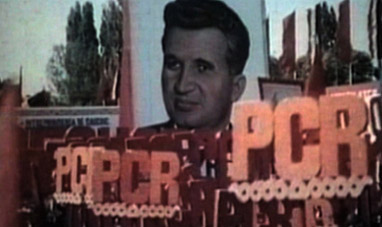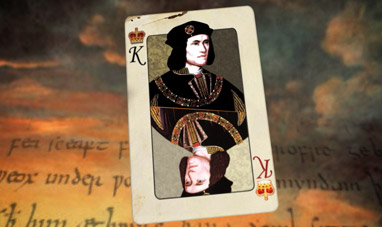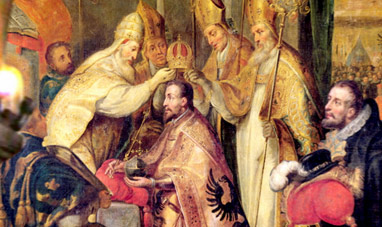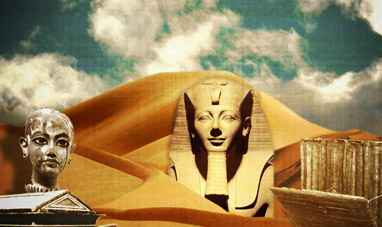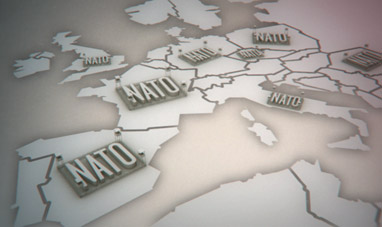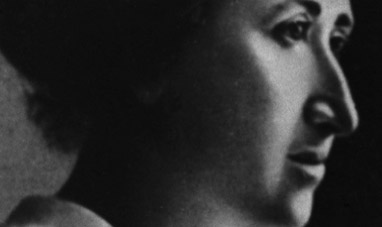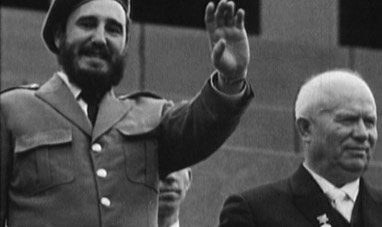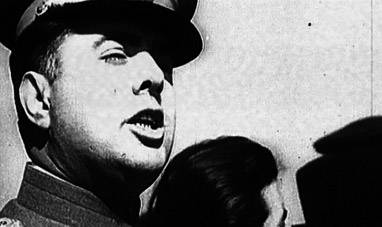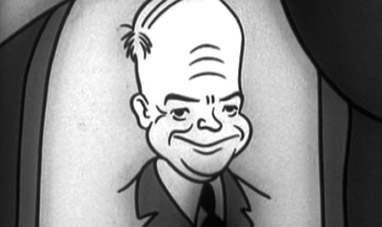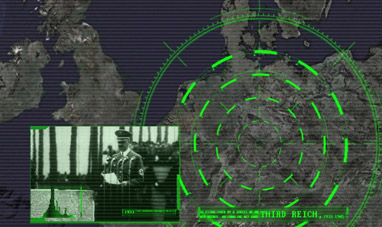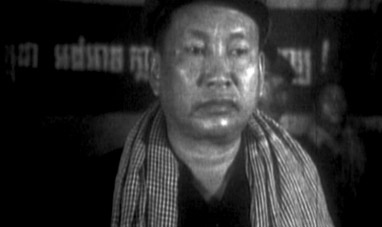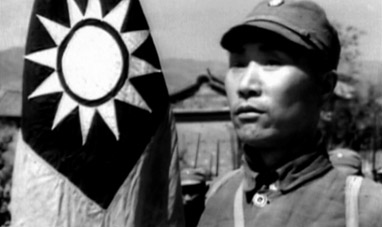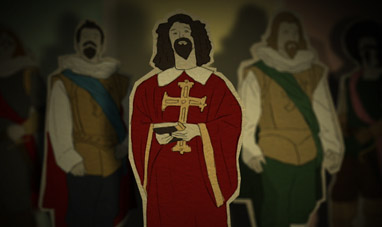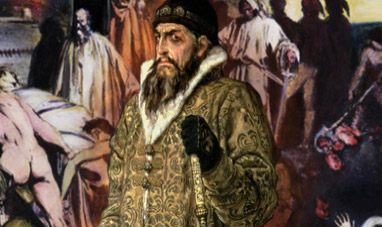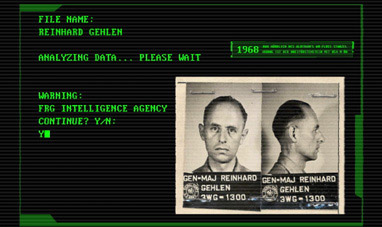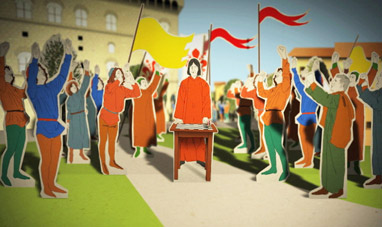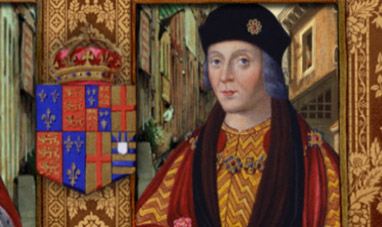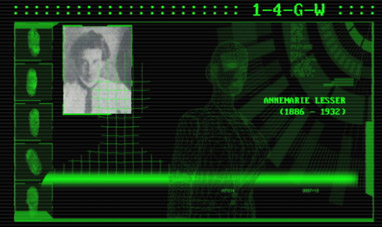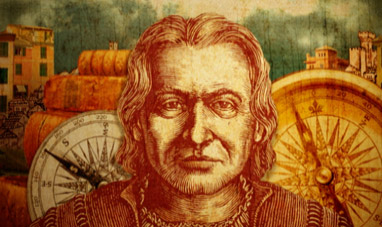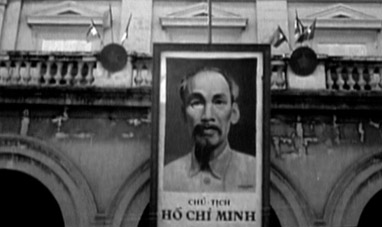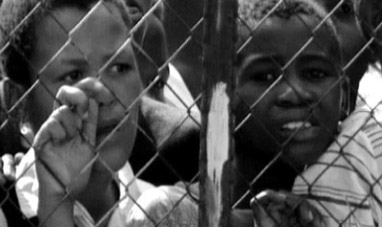Mikhail Gorbachev was the last President of the USSR. He was born on March 2, 1931 to a family of farmers in the southern Russian region of Stavropol. He earned a degree in law, and then another in agricultural economics. In 1953, Gorbachev married a philosophy student named Raisa Maksimovna Titarenko in Moscow. He attained the Communist party’s highest rank, Secretary General of the CPSU, in 1985. At 54, he was much younger than the men who preceded him in the position. Standing with his trademark smile beside his wife Raisa, he projected an image of modernity and trustworthiness. Many viewed him as a new kind of Russian politician.
During the 1980s, the USSR came close to economic meltdown. Gorbachev implemented economic and political reforms aimed at modernizing the country’s infrastructure in a plan called perestroika, which means “restructuring” in Russian. The main idea behind the plan was glasnost, or “transparency.”Gorbachev privatized some of Russia’s holdings and granted the press greater freedom. He also decided that citizens, and not the Party, should choose political representatives. The USSR had fought America in an unarmed conflict called the Cold War since the 1950s. Together with US President Ronald Reagan, Gorbachev resumed talks on nuclear disarmament, thereby bringing the Cold War to an end.
The international community welcomed Gorbachev’s policies. His desire for reform paved the way for the fall of the Berlin Wall. Popular revolutions subsequently broke out in Poland, East Germany, Czechoslovakia, Hungary, Bulgaria and Romania. Communism was coming to an end in Eastern Europe. In 1990 Gorbachev won the Nobel Peace Prize. Yet his policies were less effective within the USSR itself. His economic reform failed to produce the desired effects, and most the population continued to live in misery. Dissatisfaction increased. At the same time, Gorbachev’s decision to give greater control to local authorities backfired, with Lithuania declaring itself independent from the Soviet Union in 1989. Shortly afterwards, other Soviet Republics did the same.
To counter these nationalist uprisings, Gorbachev took more power into his own hands, becoming President of the USSR in 1988.
In 1990, he introduced the first free elections in the USSR’s history. The people elected a Parliament that confirmed Gorbachev as President. In August of the same year, conservative Communists launched a coup to remove Gorbachev from power. Tanks occupied the streets of Moscow, and Gorbachev was taken prisoner in his residence in Crimea. Boris Yeltsin, the President of the Russian Republic, led resistance against the coup, gaining the people’s favor as a result. Upon Gorbachev’s return to Moscow, he entered a historical standoff with Yeltsin, who contended that Gorbachev’s reforms had failed. On December 25, 1991, Gorbachev resigned as President. The USSR was officially dissolved he following day. After Gorbachev’s departure, the Soviet Union experienced years of sweeping economic and political change. Today, Gorbachev is chairman of both his own foundation for social and economic research, as well as the International Green Cross.
During the 1980s, the USSR came close to economic meltdown. Gorbachev implemented economic and political reforms aimed at modernizing the country’s infrastructure in a plan called perestroika, which means “restructuring” in Russian. The main idea behind the plan was glasnost, or “transparency.”Gorbachev privatized some of Russia’s holdings and granted the press greater freedom. He also decided that citizens, and not the Party, should choose political representatives. The USSR had fought America in an unarmed conflict called the Cold War since the 1950s. Together with US President Ronald Reagan, Gorbachev resumed talks on nuclear disarmament, thereby bringing the Cold War to an end.
The international community welcomed Gorbachev’s policies. His desire for reform paved the way for the fall of the Berlin Wall. Popular revolutions subsequently broke out in Poland, East Germany, Czechoslovakia, Hungary, Bulgaria and Romania. Communism was coming to an end in Eastern Europe. In 1990 Gorbachev won the Nobel Peace Prize. Yet his policies were less effective within the USSR itself. His economic reform failed to produce the desired effects, and most the population continued to live in misery. Dissatisfaction increased. At the same time, Gorbachev’s decision to give greater control to local authorities backfired, with Lithuania declaring itself independent from the Soviet Union in 1989. Shortly afterwards, other Soviet Republics did the same.
To counter these nationalist uprisings, Gorbachev took more power into his own hands, becoming President of the USSR in 1988.
In 1990, he introduced the first free elections in the USSR’s history. The people elected a Parliament that confirmed Gorbachev as President. In August of the same year, conservative Communists launched a coup to remove Gorbachev from power. Tanks occupied the streets of Moscow, and Gorbachev was taken prisoner in his residence in Crimea. Boris Yeltsin, the President of the Russian Republic, led resistance against the coup, gaining the people’s favor as a result. Upon Gorbachev’s return to Moscow, he entered a historical standoff with Yeltsin, who contended that Gorbachev’s reforms had failed. On December 25, 1991, Gorbachev resigned as President. The USSR was officially dissolved he following day. After Gorbachev’s departure, the Soviet Union experienced years of sweeping economic and political change. Today, Gorbachev is chairman of both his own foundation for social and economic research, as well as the International Green Cross.

